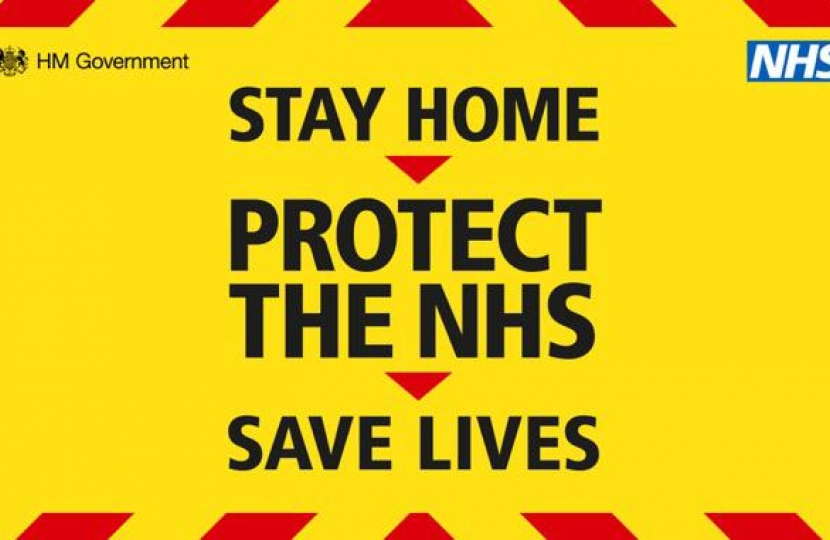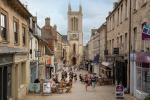
The Prime Minister has just announced a national lockdown. You should follow the rules of national lockdown from now, and they will become law in the early hours of Wednesday morning.
The reason this action is necessary is that in England alone, the number of patients with COVID-19 in hospitals has increased by nearly a third in the last week, to almost 27,000 – that’s 40% higher than the first peak in April.
On 29 December, more than 80,000 people tested positive for Covid across the UK. The number of deaths is up by 20 per cent over the last week and will sadly rise further.
So far, we in the UK have vaccinated more people than the rest of Europe combined. With the arrival today of the UK’s own Oxford Astra Zeneca vaccine, the pace of vaccination is accelerating. The NHS’ realistic expectations for the vaccination programme is that by the middle of February, we hope and expect to have offered the first vaccine dose to everyone in the four top priority groups identified by the Joint Committee on Vaccination and Immunisation. That means vaccinating:
- all residents in a care home for older adults and their carers,
- everyone over the age of 70,
- all frontline health and social care workers, and
- everyone who is clinically extremely vulnerable.
If we succeed in vaccinating all those groups, that will eventually enable us to lift many of the restrictions we have endured for so long. The hope is to re-open schools after the February half term and starting, cautiously, to move regions down the tiers.
The rates in our area as of 30th December are:
- 271.4 - Melton
- 375.2 - Harborough
- 220.4 – Rutland
The full guidance of what is, and is not, permitted during lockdown is available here:
I’m aware many residents are scared, and many frustrated and exhausted by restrictions and rules on our lives. I stand by to support you however I can.
Here are more details on what the announcement means for us all:
Leaving home
You must not leave, or be outside of your home, except where necessary. You may leave your home to:
- shop for basic necessities, for you or a vulnerable person
- go to work, or provide voluntary or charitable services, if you cannot reasonably do so from home
- exercise with your household (or support bubble) or one other person, this should be limited to once per day, and you should not travel outside your local area.
- meet your support bubble or childcare bubble where necessary, but only if you are legally permitted to form one
- seek medical assistance or avoid injury, illness or risk of harm
- to escape domestic abuse
- attend education or childcare - for those eligible
If you are clinically extremely vulnerable you should only go out for medical appointments, exercise or if it is essential. You should not attend work
Education
Colleges, primary and secondary schools will remain open only for vulnerable children and the children of critical workers. All other children will learn remotely until February half term.
Early Years settings remain open for all.
Higher Education provision will remain online until mid-February for all except future critical worker courses.
We recognise that this will mean it is not possible or fair for all exams to go ahead this summer as normal. The Education Secretary will work with Ofqual to put in place alternative arrangements. We will provide extra support to ensure that pupils entitled to free school meals will continue to receive them while schools are closed, and we’ll distribute more devices to support remote education.
The hope is to re-open schools after the February half term and starting, cautiously, to move regions down the tiers.
Clinically extremely vulnerable
If you are clinically extremely vulnerable, we are advising you to begin shielding again and you will shortly receive a letter about what this means for you.
Meeting others
You cannot leave your home to meet socially with anyone you do not live with or are not in a support bubble with (if you are legally permitted to form one).
You may exercise on your own, with one other person, or with your household or support bubble.
You should not meet other people you do not live with, or have formed a support bubble with, unless for a permitted reason.
Stay 2 metres apart from anyone not in your household.


